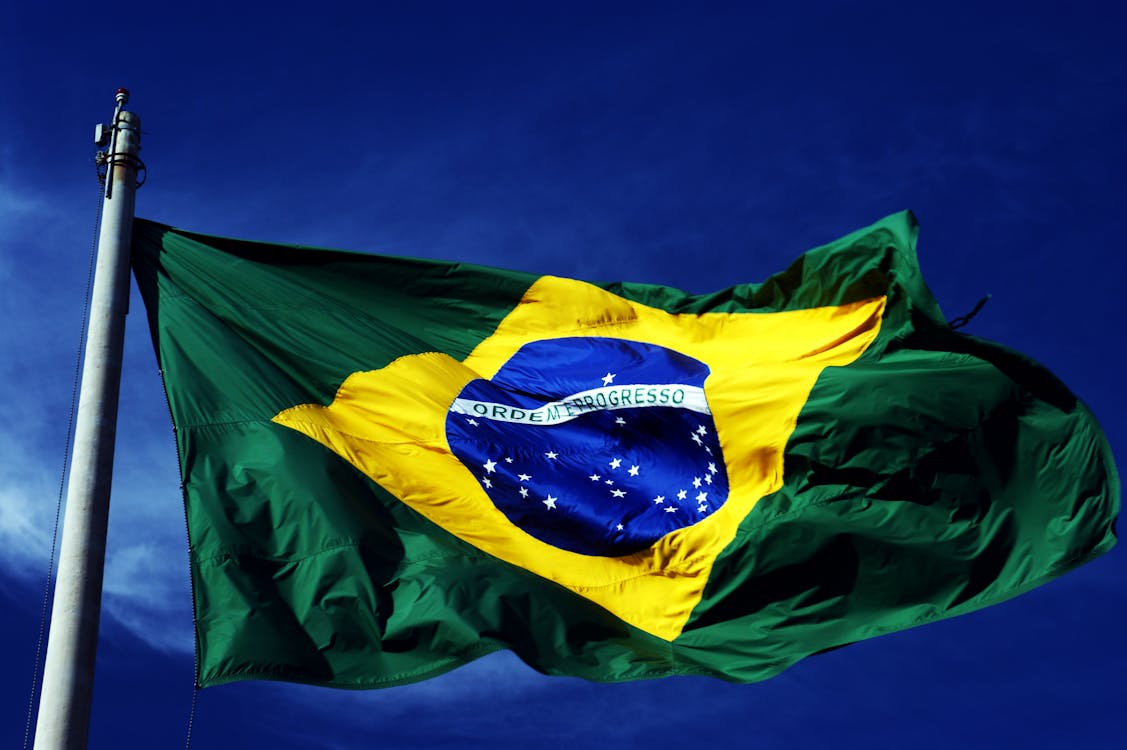
The Brazilian government suspended X, formerly known as Twitter, following a standoff with the platform’s owner, Elon Musk, who refused to comply with orders to appoint a legal representative in Brazil.
The controversy began when Brazilian Supreme Court Justice Alexandre de Moraes demanded the suspension of accounts allegedly disseminating false information. The accounts, many linked to supporters of former President Jair Bolsonaro, were flagged for investigation. Despite repeated court orders, X failed to appoint a local representative to facilitate these suspensions, leading to the ban.
Musk’s Concerns over Free Speech
In response, Musk has publicly criticized Alexandre Justice de Moraes, calling him a “fake judge” and accusing the Brazilian government of censorship. “Free speech is the bedrock of democracy, and an unelected pseudo-judge in Brazil is destroying it for political purposes,” Musk said.
However, Justice Flávio Dino defended the decision, emphasizing the importance of responsibility in the exercise of free speech. “Freedom of expression is closely linked to a duty of responsibility,” he stated. “The first can’t exist without the second, and vice-versa.”
The company’s operations in Brazil have ceased, with X citing threats to its staff as a key reason for the withdrawal. Individuals using virtual private networks (VPNs) to bypass the suspension could face hefty fines of nearly $9,000 a day.
Brazilians Flock to Alternatives
With X’s suspension, many Brazilians are turning to alternative platforms. Bluesky, a microblogging site, reported a surge of 500,000 new users in just two days. Its CEO Jay Graber expressed appreciation for the influx of users, posting, “Good job, Brazil, you made the right choice.”
The ban has had a profound impact on Brazil’s vibrant community of stan accounts—fan accounts dedicated to celebrities and public figures. These accounts, which often boast thousands of followers, play a crucial role in the online presence of many international stars.
Thaís Garcia, a graphic designer and Taylor Swift stan account owner, expressed her frustration: “I know it’s social media, but at the same time, it’s more than that. It’s the place where I’ve met amazing friends, some of them who became friends in real life. We support each other. We’ve laughed, cried, and celebrated together there. It was part of my daily routine.”
Cardi B and Alessia Cara, among other celebrities, have expressed their dismay over losing contact with their Brazilian fan bases. “Wait, a lot of my fan pages are Brazilian!!!” Cardi B posted on X. “Come back hold up!!”
Brazil’s Supreme Court’s Stand on Social Media Regulation
This suspension is part of a broader effort by Brazilian authorities to regulate social media platforms operating within the country. Justice de Moraes has been a prominent figure in this fight, asserting that “the Brazilian people know that freedom of speech is not freedom of aggression… not the freedom to spread hate, racism, misogyny, and homophobia.”
The Brazilian Supreme Court unanimously upheld the ban and also ordered tech giants like Apple and Google to remove X from their app stores and block its use on iOS and Android devices.
For now, X remains inaccessible in Brazil, pending Musk’s compliance with the court’s demands.










